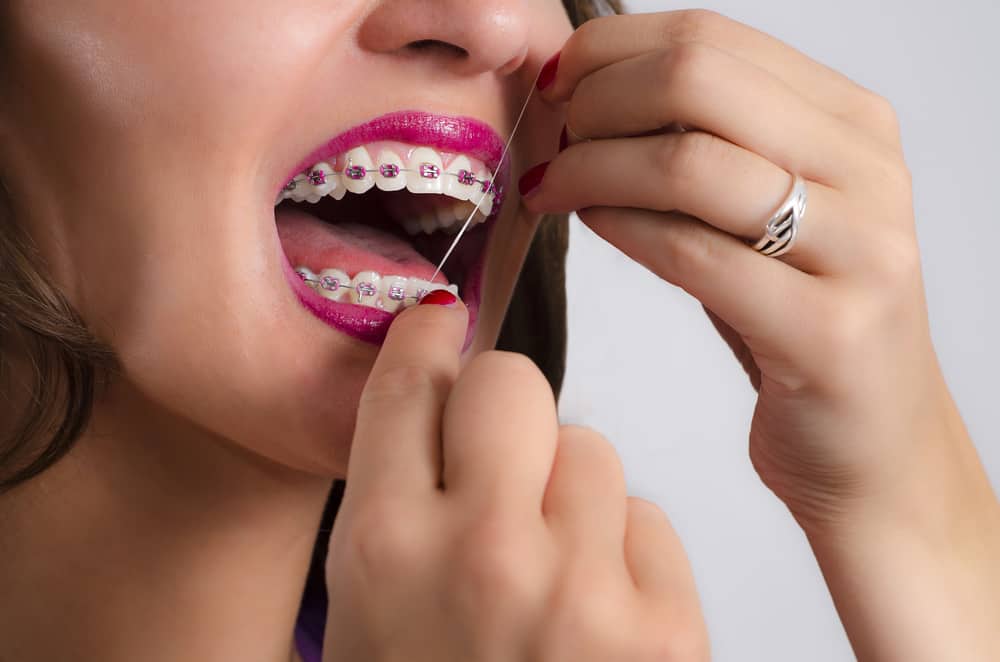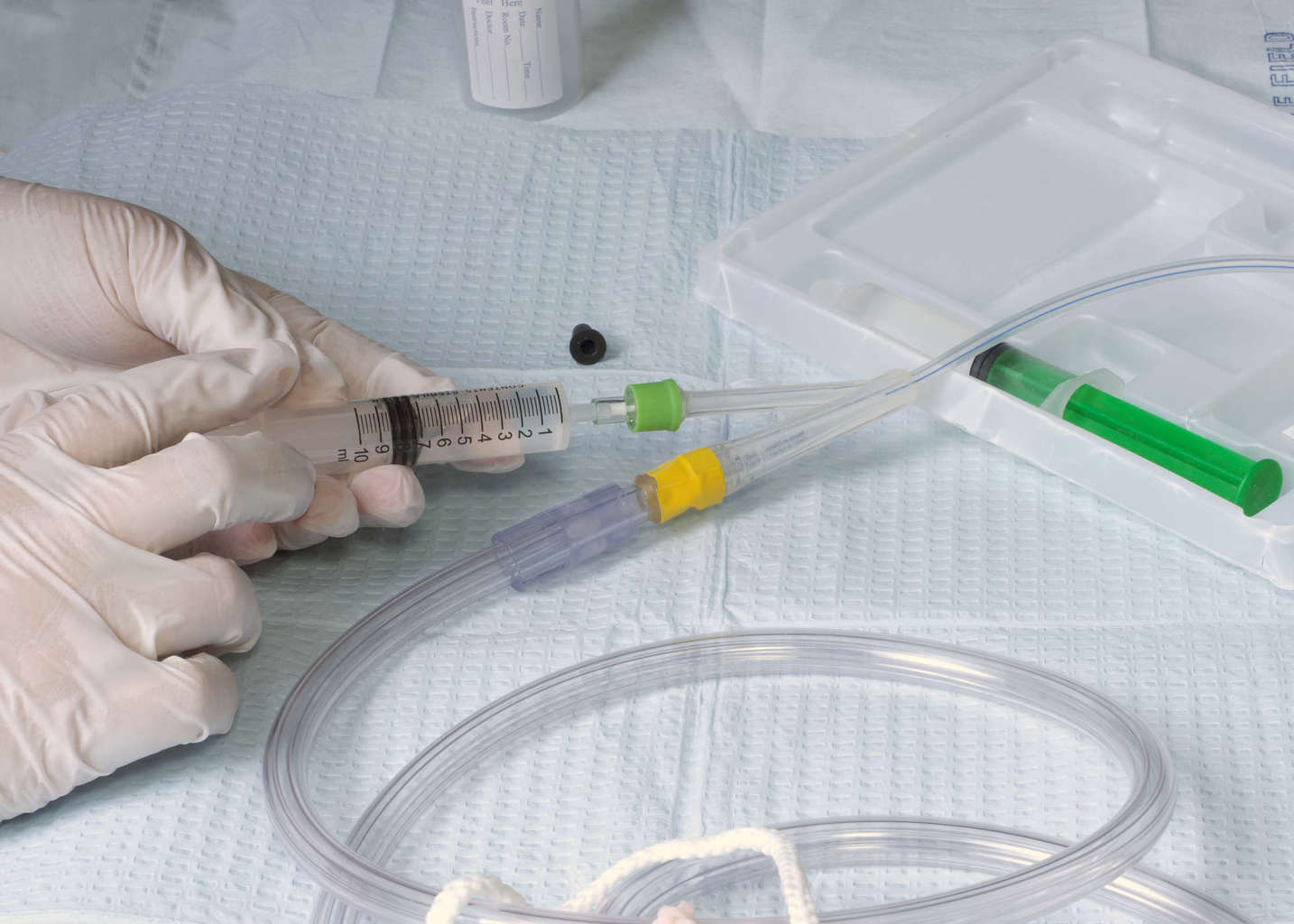Contents:
- Medical Video: Top 5 Home Remedies for Leucorrhoea (Whitish discharge)
- How to deal with vaginal discharge at home
- Beware of abnormal vaginal discharge
- Effective ways to prevent abnormal vaginal discharge
Medical Video: Top 5 Home Remedies for Leucorrhoea (Whitish discharge)
Every woman must have experienced vaginal discharge in her life. Even though vaginal discharge is normal, but this condition may often make you feel uncomfortable and restless. Especially if your vaginal discharge is large enough to interfere with activity. So, how do you deal with vaginal discharge? Find out the answers in this article.
How to deal with vaginal discharge at home
Vaginal discharge is discharge from the vagina. This condition cannot always be interpreted as an infection or a health disorder in the vagina. Because the vagina is designed to be able to cleanse itself by removing vaginal discharge which brings dead cells and bacteria.
Normal vaginal discharge is generally odorless and is milky white or clear. Usually a woman will be more likely to experience vaginal discharge if she is stressed, ovulation, pregnant, breastfeeding, or sexually aroused. In many cases, normal vaginal discharge does not require special treatment provided you always maintain good vaginal hygiene.
There are several ways to deal with vaginal discharge that you can do yourself at home, including:
- Wash your feminine area gently with warm water. Then dry using a soft tissue or towel and pat gently until dry. Remember, don't rub or rub your vagina too hard because it can cause irritation.
- If there is a lot of vaginal discharge, you may need to change your underwear more often. This is done so that vaginal moisture can be maintained properly.
- Avoid using scented soap, gel, antiseptic, as well douching because it can affect the pH balance and bacteria in the vagina. If you want to use soap, choose plain soap without fragrance.
- If your vaginal discharge is caused by a fungal infection, then you can treat it with an antifungal drug that is inserted into the vagina in the form of a cream or gel. Consult first before you use antifungal drugs to treat vaginal discharge.
- Use condom or delay sexual intercourse for up to a week after treatment.
- Consumption yogurt if you are inside antibiotic treatment in order to reduce the risk of developing a fungal infection.
- If abnormal vaginal discharge lasts more than a week after doing the methods above, immediately consult your doctor.
Beware of abnormal vaginal discharge
Even though vaginal discharge is a normal condition, abnormal vaginal discharge can be an indication of certain medical conditions. Usually abnormal vaginal discharge is caused by bacterial, fungal or parasitic infections.
Abnormal vaginal discharge is characterized by arising a pungent, itchy and reddish odor in the vaginal area, a more sticky liquid texture, yellowish or greenish, brownish or reddish spots appearing outside the menstrual period, and causing pain or itching.
If you experience one of the signs mentioned earlier, immediately consult a doctor. Because, vaginal discharge can cause various complications if not treated properly.
Effective ways to prevent abnormal vaginal discharge
To avoid the occurrence of abnormal vaginal discharge, here are some preventative steps you can take:
- Washing hands before or after touching the vaginal area.
- After urinating, always wash your vagina from front to back to prevent bacteria from entering the vagina and causing infection.
- Make sure the vagina is wet enough before you have sexual intercourse to prevent infection.
- Use unscented detergent to wash your clothes. Also, make sure you rinse the clothes until they are completely clean.
- Use cotton underwear and avoid tight-fitting clothing.
- Avoid using tissue with fragrance, perfumed soap, or powder on the vagina because it can irritate the skin and disturb the balance of natural bacteria in the vagina.












